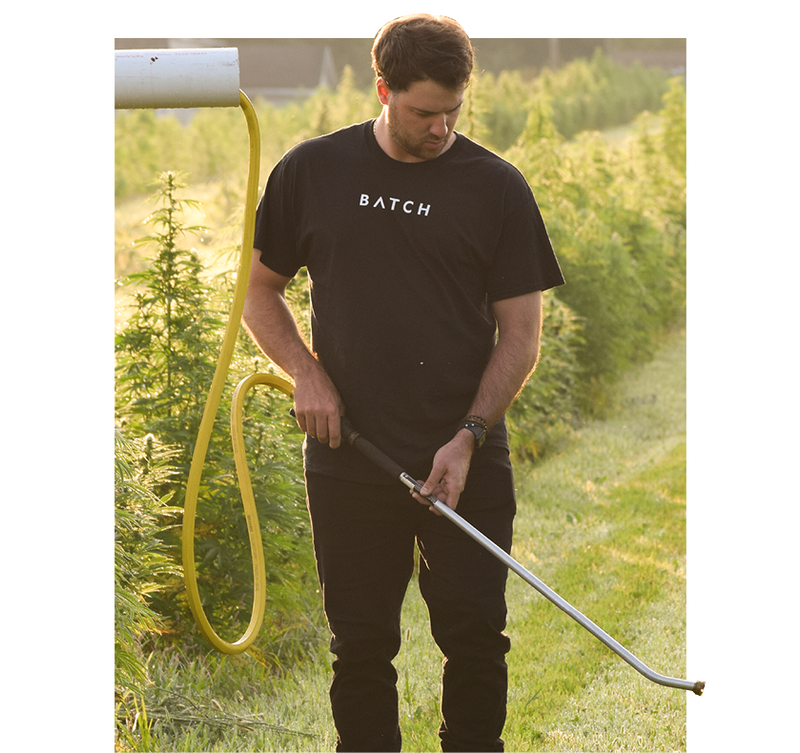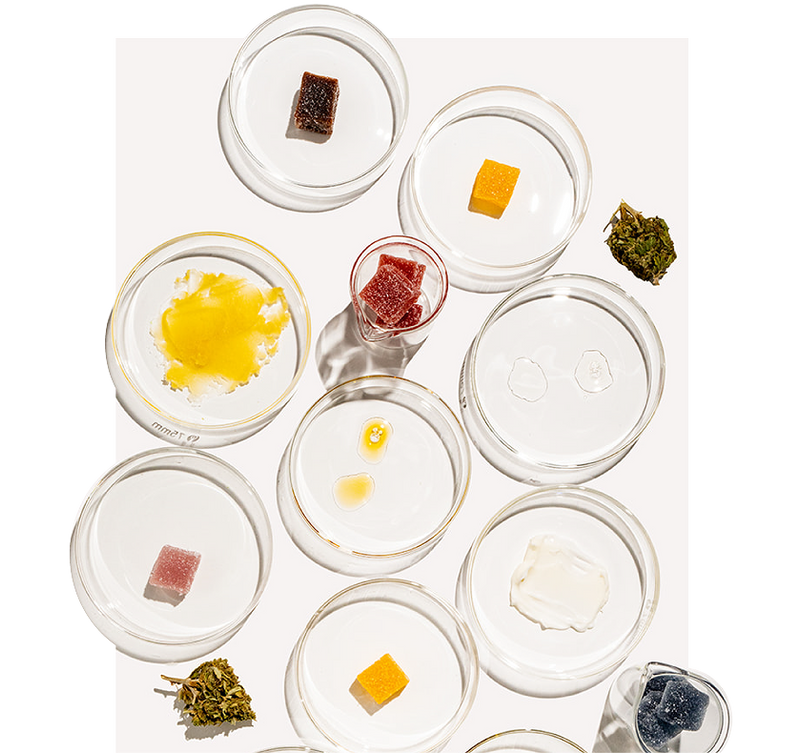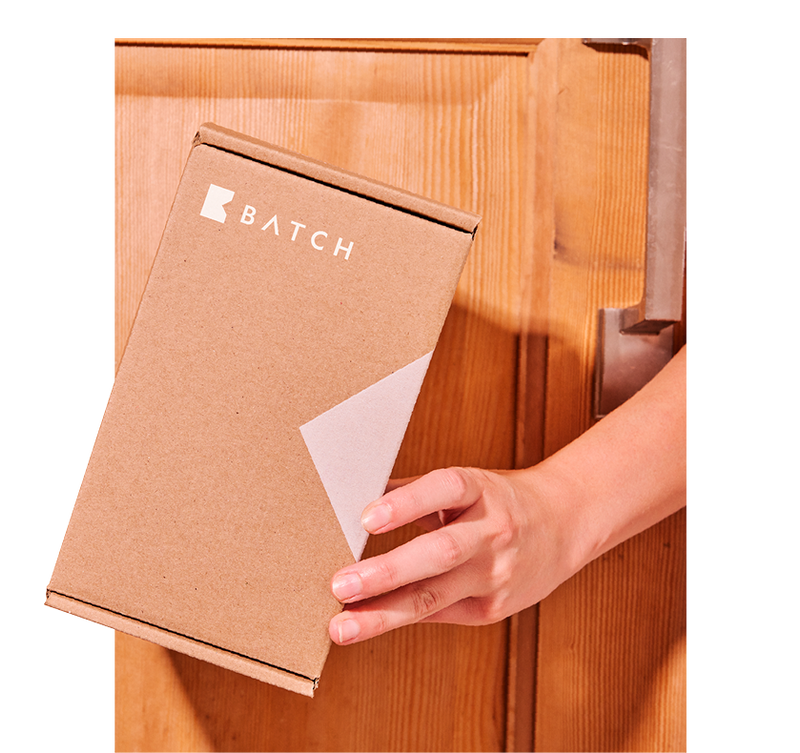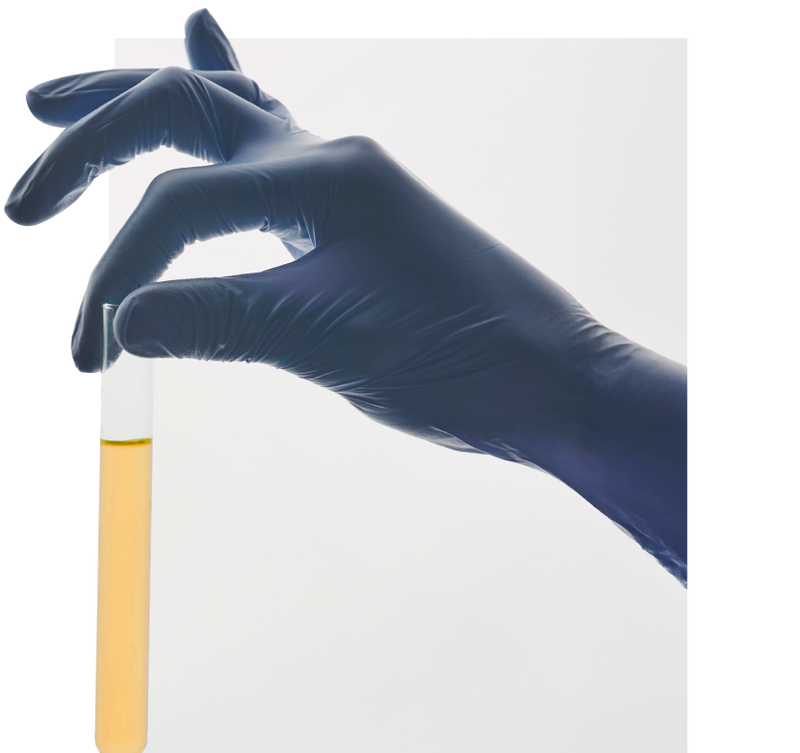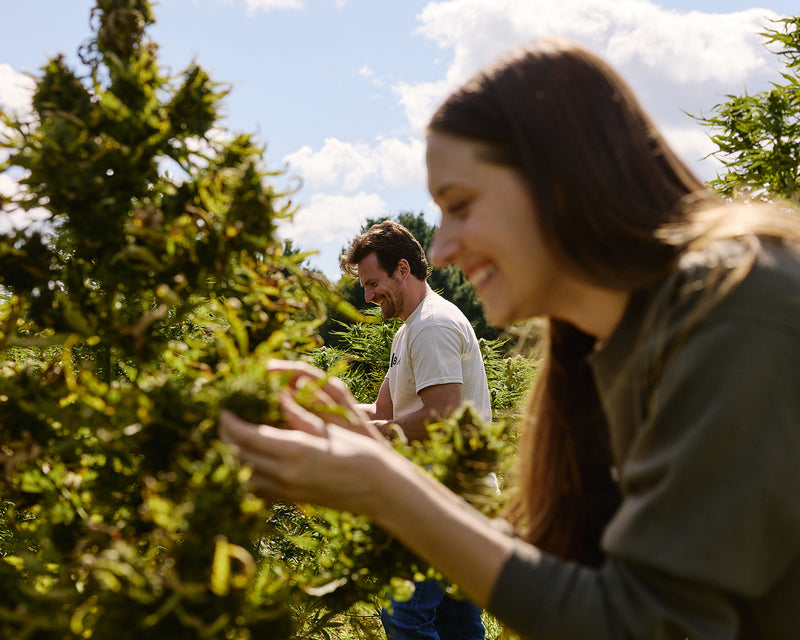Recreation THC Gummies
Current Price:
Original Price:
$60
$48
Product Subtotal:
$48
Choose your vibe: deep chill, social balance, or bright energy. Precisely dosed 5 mg THC gummies with varying CBD ratios deliver controlled experiences without overwhelming.
As Seen On
-
Observer
-
Merry Jane
-
People
-
Pop Sugar
-
Cosmopolitan















